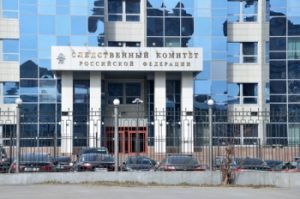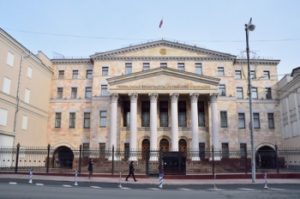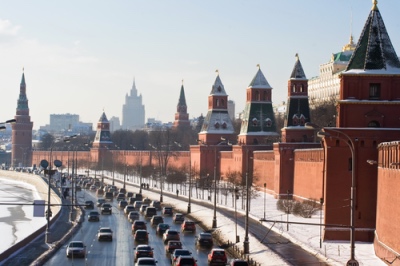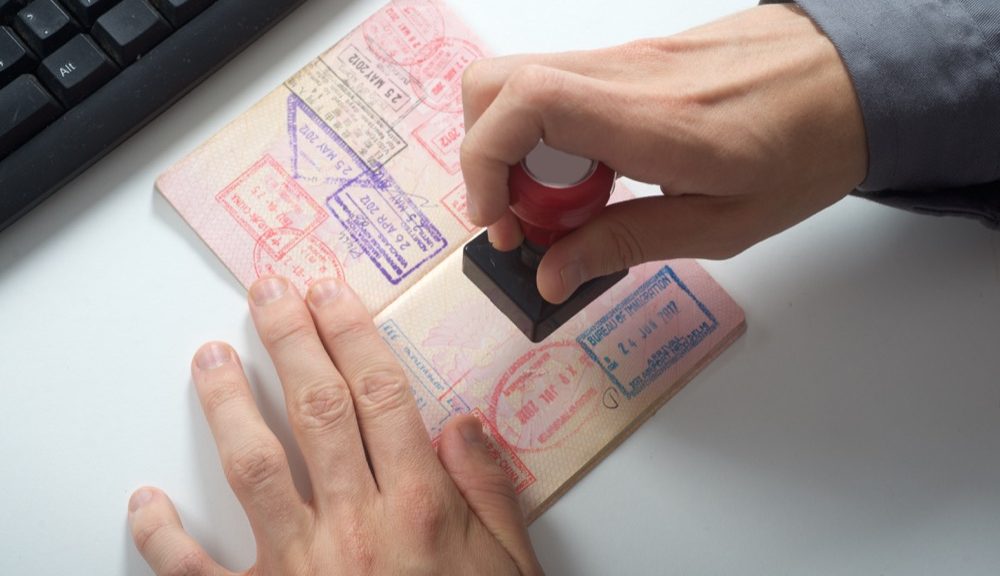
Will the Expansion of INTERPOL’s Stolen and Lost Travel Documents Database Lead to an Expansion of INTERPOL Abuse?
According to the Commission for the Control of INTERPOL’s Files (CCF), some governments have abused INTERPOL’s channels for political and other unlawful purposes even after the organization refused to process their Red Notices and diffusions. In its annual report for 2017, CCF acknowledged that it had “processed requests which highlighted the use of [INTERPOL’s] SLTD [(Stolen and Lost Travel Documents)] database where a diffusion or a notice to arrest a person was considered not to comply with INTERPOL’s rules.”
Any INTERPOL member country can add information about a travel document it has issued to the SLTD database, which allows law enforcement around the world, including at border crossings, to check if a document has been reported lost or stolen and take appropriate actions. Information in the SLTD database is also available to INTERPOL’s “trusted partners in the private sector” so that they too can relay a positive ‘hit’ to law enforcement. According to INTERPOL, the SLTD database contains around 89 million records of lost, stolen and revoked travel documents; in 2019 alone, it was searched 3.7 billion times and resulted in 270,000 positive matches.

CCF has called government use of the SLTD database after INTERPOL’s refusal to process their Red Notices and/or diffusions against the same individuals “misuse of INTERPOL’s channels.” CCF has stressed that the organization would delete any such data from the database. Although the CCF 2017 report does not discuss the extent of the abuse of the SLTD database, INTERPOL has recognized that more needs to be done to address the issue. In this regard, it has resolved to “provide INTERPOL members with a limited list of appropriate purposes to record data in that database to avoid any misuse.” In addition, CCF has “insisted on the need to ensure that the definition of ‘revoked travel documents’ is clear enough to prevent the possible misuse of the SLTD database, in particular to locate a person where a diffusion or a notice could not be issued.” CCF has also “invited the General Secretariat to clarify the purpose of the SLTD and of the processing of revoked travel documents in the SLTD standard operating procedures.”
No wonder then that CCF also became concerned when it was subsequently consulted on the creation of a new category of documents, called “invalid,” which would include “expired, damaged or destroyed” travel documents. In its 2018 annual report, CCF warned that this new category could also be “misused or may not include an explanation as to why a document had been invalidated.” According to the report, the INTERPOL General Secretariat “consequently updated the SLTD Standard Operating Procedures in order to clarify the conditions applicable to the quality of the data processed in the SLTD database that are required to comply with INTERPOL’s rules.”
It remains unclear, however, whether or not the amendments made to the SLTD regulations mentioned above have had any meaningful effect. INTERPOL should conduct comprehensive monitoring to prevent abuse of the SLTD database before it occurs, but whether or not such monitoring has been introduced is also an open question.

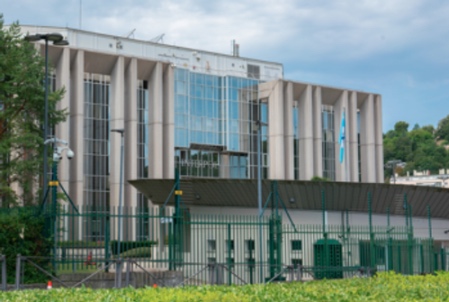
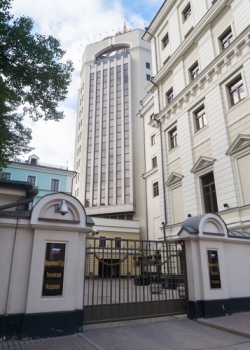
 The full circumstances of this arrest remain unclear. According to some reports, at the time, there was an active Russian request to detain Mr. Browder published in INTERPOL’s database. INTERPOL, however, denied its involvement, and some commentators
The full circumstances of this arrest remain unclear. According to some reports, at the time, there was an active Russian request to detain Mr. Browder published in INTERPOL’s database. INTERPOL, however, denied its involvement, and some commentators 